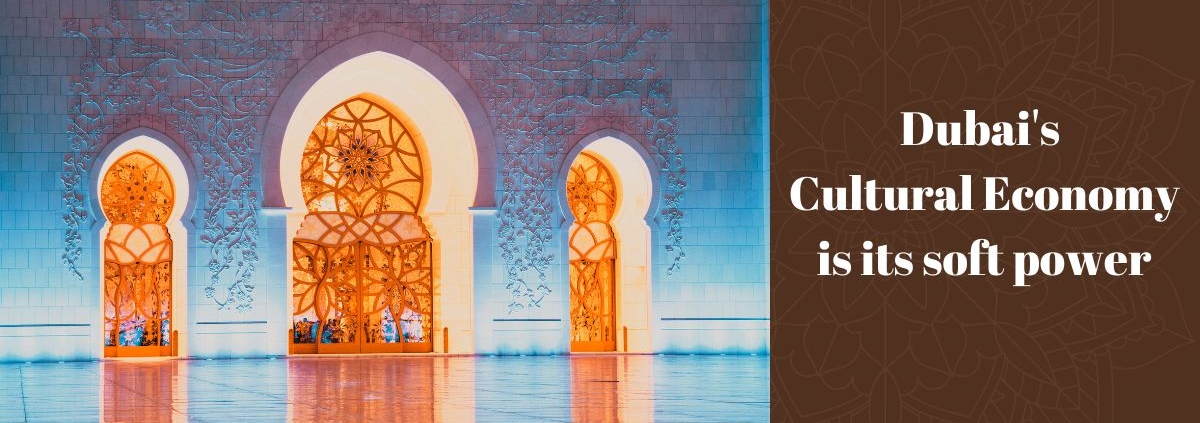When Joseph Nye coined and popularized the term “soft power” in his 1990 book, Bound to Lead: The Changing Nature of American Power, he said that it rests on a country’s three resources: Culture, political values, and foreign policies. Over the years, many cities and countries have wielded soft power through these attributes. Of late, Dubai has also taken various steps to exercise its soft power via cultural and imagological sources, spreading its influence by showcasing these on the world stage.
Unlocking the cultural economy
Dubai’s cultural economy has immense potential. The Emirate has done a good job of bouncing back from the pandemic and is now sharpening its focus on value-added sectors as it endeavours to diversify its economy and reduce its reliance on oil. Accordingly, the emphasis over the next few years needs to be on enhancing its cultural and creative offering.
It is heartening to note that the authorities are already mindful of this. Consider the statistics: The Emirate had as many as 233 new projects in the creative economy sector in 2020, surpassing culture capitals of the world, such as New York, Singapore, Berlin, and so forth. Dubai’s creative economy ranked first regionally and second globally in attracting foreign direct investments into its verticals in 2021, with the estimated value of capital flows exceeding AED 4.9 billion(1).
With global investment in culture-related sectors, it stands to reason that the cultural economy is a soft power Dubai can wield effectively. The city is building a robust business ecosystem and advanced infrastructure for entrepreneurs hoping to set up projects in the cultural sphere. The projects will not only serve to enhance the culture quotient of Dubai but also create more diversified jobs and attract local and global talent.
As far as the number of new jobs in the creative economy is concerned, Dubai held on to its top rank regionally and stood fourth globally. The emphasis on the cultural and creative industries has been such that they are now considered the most attractive for investments, advanced technologies, and talent in the city.
The 10-year plan for cultural and creative sectors
The 10-year National Strategy for the Cultural and Creative Industries unveiled by the local government in 2021 (the first such initiative in the Arab world) is expected to build on the recent wins. Implemented effectively, the strategy will increase the contribution of the two industries to the country’s gross domestic product to 5% over the next decade.
One of the pillars of the 10-year plan is the Dubai Creative Economy Strategy, which aims to transform Dubai into the preferred destination for global talent. Concomitantly, it is expected to make Dubai the global capital of the creative economy by 2025.
Alongside, the report launched by the Dubai Culture and Arts Authority in late 2021, titled Creative Dubai: Dubai’s Growing Cultural Industries(2), has helped decision makers quantify the progress made thus far and continue on a growth trajectory. It provides a comprehensive overview of the Emirate’s cultural sector and charts a roadmap for its growth. Besides, the importance being given to the participation of the youth in the cultural economy is another step in the right direction.
All in all, the stage is set for Dubai to showcase its soft power via its cultural economy. And from all indicators, the Emirate is on the right path to wielding its cultural influence around the world and reaping multi-fold benefits as a result.



